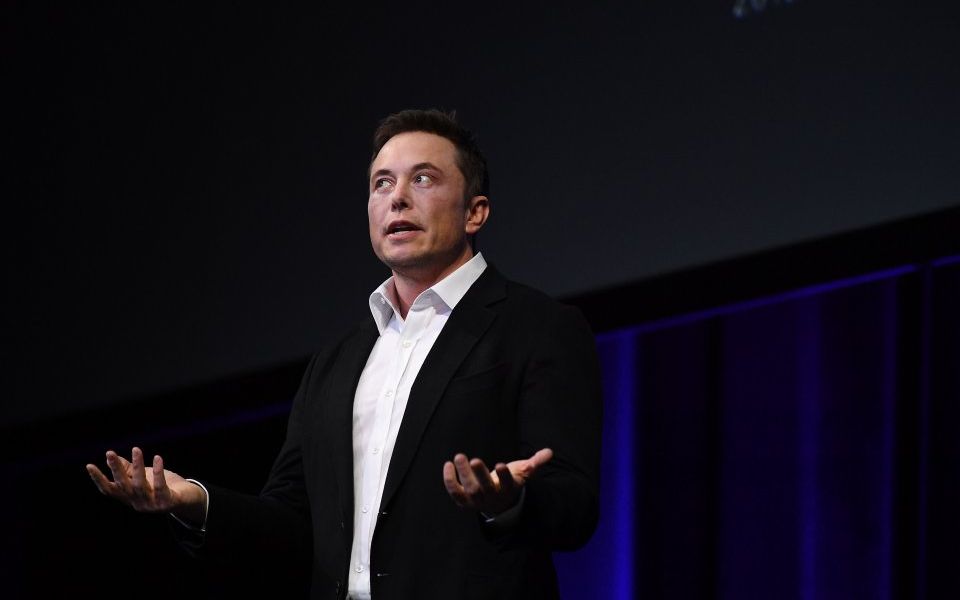Tesla can’t afford Elon Musk’s eccentricities

In the late hours of Friday night, Elon Musk published a blog post that brought to an end a three-week period of intense speculation and investor confusion.
The billionaire Tesla founder declared that, having discussed the matter with his board, taking the company private “would be even more time consuming and distracting than initially anticipated.” The company will remain public.
This screeching u-turn followed his infamous “funding secured” tweet of 7 August, in which he declared his intention to take the company private. He followed this up with another tweet in which he stressed “investor support is confirmed.”
Despite now abandoning such a move, Musk's problems are far from over. He faces a number of investor lawsuits, brought by short-sellers who claim his characteristically enigmatic tweets were designed to ramp up Tesla's share price and poke short-sellers in the eye.
The Securities and Exchange Commission has launched a probe into the same issue. The law is crystal clear in requiring executives of public companies to have a reasonable basis on which to make public statements of market significance.
Simply put, investors must be able to rely on such statements when making decisions and if Musk misled the market (either through reckless exuberance or calculated deception) he will face consequences. The SEC will concern itself with the veracity of Musk's “funding secured” tweet, while analysts can now add potential securities fraud and investor litigation to the exiting list of concerns – including cash burn, Model 3 production rates and struggling profits.
To be fair, analysts are split – with many still calling Tesla undervalued. But the speed with which Musk has fallen from visionary CEO to internet crank is remarkable, and the saga underlines the risks that come to the fore when corporate performance is linked so inextricably with the whims and eccentricities of one man.
For Tesla's long investors, the last few weeks haven't changed the fundamentals, and many will hold out for the day when its critics are silenced and their patience is vindicated. For that dream to be realised, Musk needs to delete the Twitter app and, more importantly, focus on the company's core purpose: iron out production difficulties, pump out the cars and make some money.
Then, and only then, should he start tweeting again.
